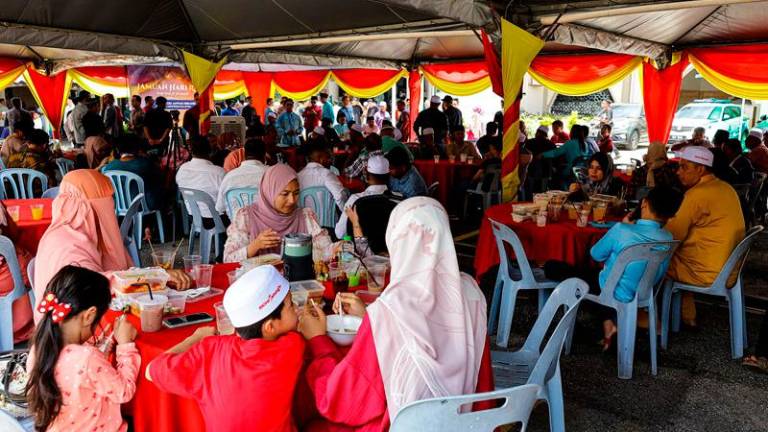PUTRAJAYA: If all the five principles of the Rukun Negara are embraced truly by the people, Malaysia can be a model country to the world, according to Sultan Zainal Abidin University (UniSZA) Board chairman Datuk Dr Mohd Nor Manuty.
He said it was crucial for all levels of the Malaysian society to embrace the Rukun Negara, especially to strengthen unity among the people of various races in the country.
“If all Malaysians embrace the five national principles, there will be less racial sentiment, less social problems and even less extreme hedonistic culture and wastage.
“That is why they are called principles and if we don’t follow the principles, problems will come to us and our country,” he told Bernama when met at a forum titled “Mengisi Harapan Kemerdekaan - Agenda Bersama dan Harapan Masa Depan” organised by the Rural Development Ministry here recently.
The five principles of Rukun Negara are Belief in God, Loyalty to King and Country, Supremacy of the Constitution, Sovereignty of the Law, and Courtesy and Morality.
In filling the country’s independence, Mohd Nor said the meaning of the principles of the Rukun Negara should be instilled among the young generation through the country’s education system.
The five principles are not only to be memorised, but also practiced, he added.
A lecturer at the Faculty of Islamic Studies, Universiti Kebangsaan Malaysia, Dr. Muhamad Razak Idris, said the challenge facing the country was to give the meaning of independence to Malaysians, especially those who were born after the country had obtained independence from Britain.
He said before Aug 31, 1957, the people contributed to the country by fighting to free it from the colonials, but the challenge now was to build a quality society to fill the independence.
“We want a society that contributes more for humanity and to have broader mindset,” he said and expressed his disappointment that issues on racism still exist in the country.
This, he said, showed that some quarters did not appreciate the diversity that existed in Malaysia, hence the need for cross-cultural activities to be conducted through the country’s education system and community activities to further encourage racial integration. — Bernama













